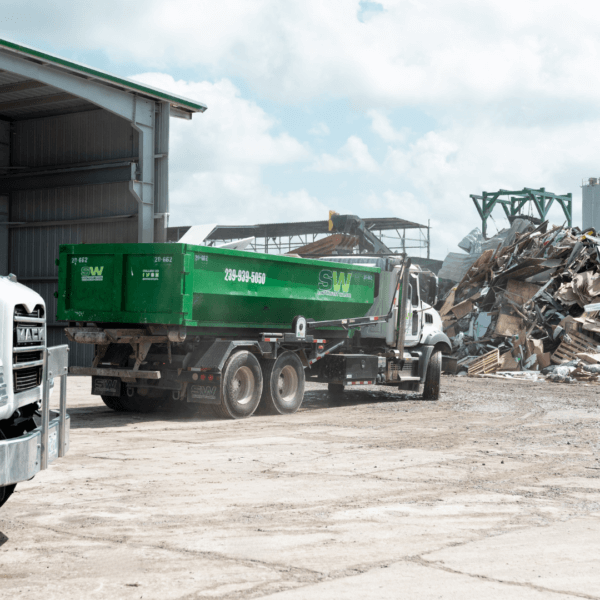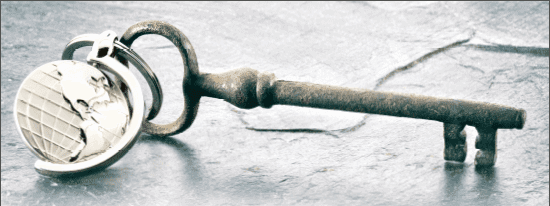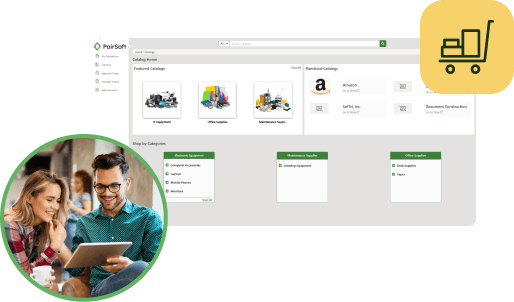
Janet Martin
Janet joined the PairSoft team upon its merger with Paramount Workplace, where she was also an integral part of the sales team for years. Janet resides in Michigan with her family.
View all posts by Janet MartinJanet Martin • November 8, 2017

Traditional hospitality companies face increasing competition from sharing economy hospitality models such as Airbnb and VRBO. Higher labor rates, rising real estate prices and climbing inventory costs continue to pressure the industry as well. In contrast to just a decade ago, increasing revenues may no longer be the top priority of hospitality companies. The priority for many companies now is managing costs to lower bottom line expenses.
As part of the effort to better control costs, procurement departments are playing an increasingly important role in hospitality operations. Implementing an electronic procurement (eProcurement) solution is proven to help companies lower costs and improve supply chain operations. Here are four specific ways the hospitality industry benefits from eProcurement and helps them reach their cost-saving goals.
Many hotel operations have multiple locations, each of which has many of the same procurement requirements. Using an eProcurement solution, you can centralize the procurement functions, removing much of this burden from the individual units and streamlining the overall process. Under a centralized procurement model, suppliers are directed to a single purchasing contact, rather than approaching each unit individually, which not only frees your staff time, but empowers you to negotiate volume terms and pricing.
When procurement processes are centralized, they are brought under the direct purview of the finance department, rather than being informally handled at a unit level. With purchasing for multiple units and departments centralized, fewer invoices need to be reviewed, approved and processed, driving efficiency and lowering administrative costs.
Centralizing procurement with an eProcurement solution doesn’t mean you strip individual managers of their responsibilities to track and monitor their property’s purchases. Rather, eProcurement software empowers managers to create requisitions for needed supplies. You can even establish catalogs of frequently purchased items, allowing managers to browse and shop and place items into a shopping cart that is submitted as a requisition for approval. The approver is able to review and approve transactions across multiple properties/companies from a single interface, speeding and streamlining the approval process. And centralized, automated invoice matching ensures accurate billings, while exception-based variance notifications identify entries requiring further review.
eProcurement solutions help simplify the procurement process, and save time and expense through the use of guided buying catalogs. Set up your own custom catalogs containing commonly ordered items. Organize your catalogs in ways that make sense for your organization – one for office supplies for example, or separate catalogs by location, or functional area (e.g. housekeeping). Employees can shop the catalogs and add requested items to the shopping cart. Guided buying catalogs are an intuitive and effective tool that keeps the procurement process moving efficiently.
As the hospitality industry encounters challenges and changes, there are positive steps companies can take to reduce costs, lower overhead, minimize waste and maximize productivity. An eProcurement solution should be considered one of those steps. Learn more about eProcurement in the hospitality industry in Q4 2017 Report – A Guide to eProcurement For the Hospitality Industry by PayStream Advisors.
Talk to an expert today to uncover how your team’s procurement stacks up against the top performers in your sector.


